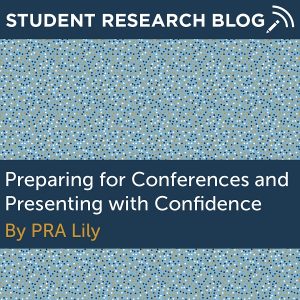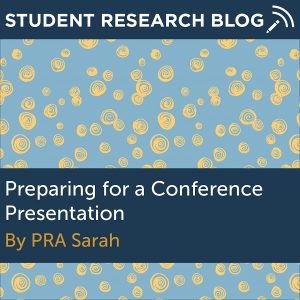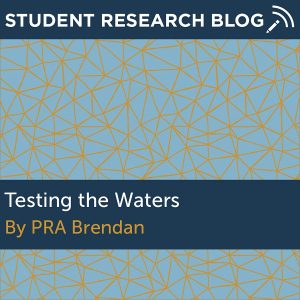 Mukund Desibhatla ’21 (Physiology & Neurobiology, Spanish)
Mukund Desibhatla ’21 (Physiology & Neurobiology, Spanish)
2020-21 OUR Peer Research Ambassador
My Journey:
I entered UConn with zero prior experience in research. This prompted me to search outside of the classroom for areas of academia that would excite me and catalyze my growth as a scholar.
After joining Dr. John Salamone’s psychology lab, I dove into the field of neuropsychopharmacology and explored molecular binding affinity and its effects on behavior and symptoms of depression. Receiving a SURF Award last summer accelerated the timeline of my project and allowed me to build on the foundational knowledge that has now transformed into my PNB Honors thesis.
My observation of a gap in peer mentorship led to the creation of my original leadership podcast, Agents of Change, which highlighted the success stories of fellow students and accessible campus resources that facilitate leadership development. Through the UConn IDEA Grant program, my co-host Vinayak Mishra and I expanded on this idea by hosting UConn’s first Podcast Symposium in February 2021. This event brought together professional podcasters to discuss bringing change through podcasting mediums.
For my Spanish major, I opted to write a separate Honors thesis to investigate social determinants of health in the community of Granada, Spain. Inspired by my study abroad opportunity at the University of Granada, I reached out to former mentors and interviewed them about the Spanish healthcare system and advocacy to help marginalized communities overcome barriers to healthcare. With support from an OUR Supply Award, I was able to record these international conversations and compile them into an interdisciplinary portfolio.
I grew up with a diverse South Asian musical background that showed me the power of music to evoke emotion. These observations helped me sculpt my personal goal—to direct my passion for the Indian classical arts in a direction that would create a social impact in my own community. There is a dire need for self-directed mental health therapies, so I developed a novel music therapy app to bridge this gap and in doing so, increase students’ happiness and quality of life. For this project, I have been fortunate to receive an invitation to join the Clinton Global Initiative University.
In pursuing a double major, my goal has been to touch a multitude of disciplines and explore their infinite combinations! I planted seeds that evolved into independent projects that have nurtured my curiosity and tenacity to investigate the unknown.
What’s Next:
Next year, I plan on pursuing an MPH at Yale School of Public Health in Social & Behavioral Sciences with a concentration in US Health & Justice. While I am not yet certain what type of research I will get involved in, I believe that UConn’s research network has prepared me for the next chapter.
When I look back at my time at UConn, I think about the handful of original questions I posed to the world and the journey I took to find an answer. Research is beneficial to anyone, regardless of long-term goals!
Click here to learn more about Mukund.
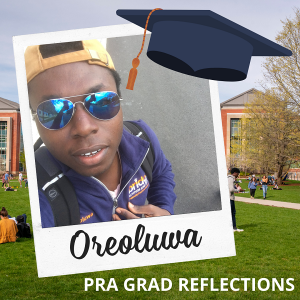
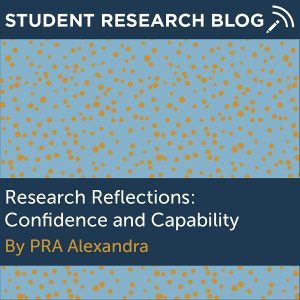 By Alexandra Bettencourt, Peer Research Ambassador
By Alexandra Bettencourt, Peer Research Ambassador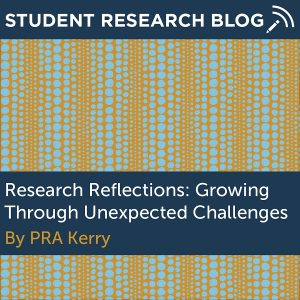 By Kerry Morgan, Peer Research Ambassador
By Kerry Morgan, Peer Research Ambassador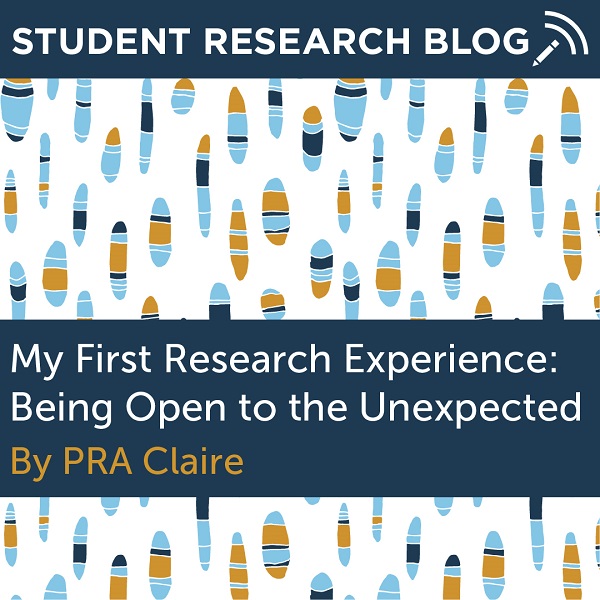 By Claire Fresher, Peer Research Ambassador
By Claire Fresher, Peer Research Ambassador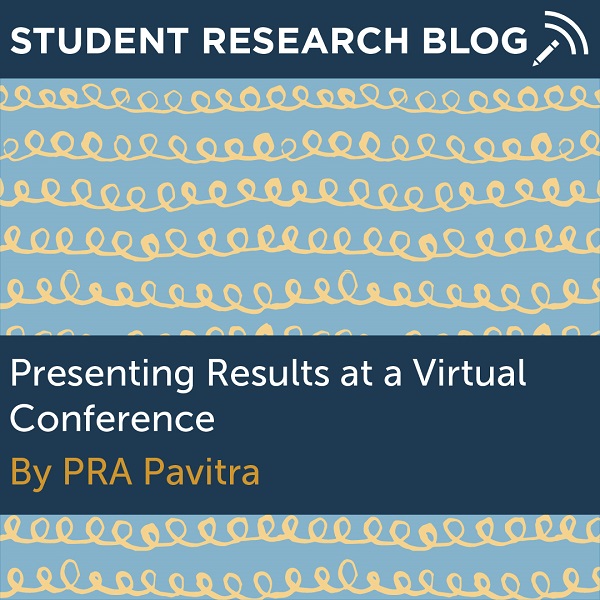 By Pavitra Makarla, Peer Research Ambassador
By Pavitra Makarla, Peer Research Ambassador